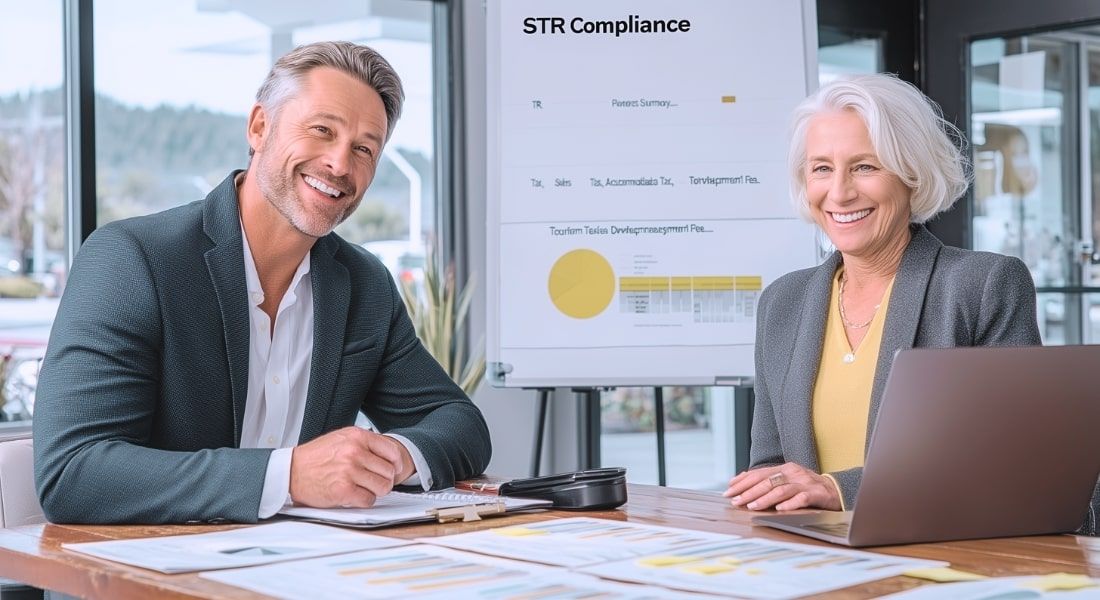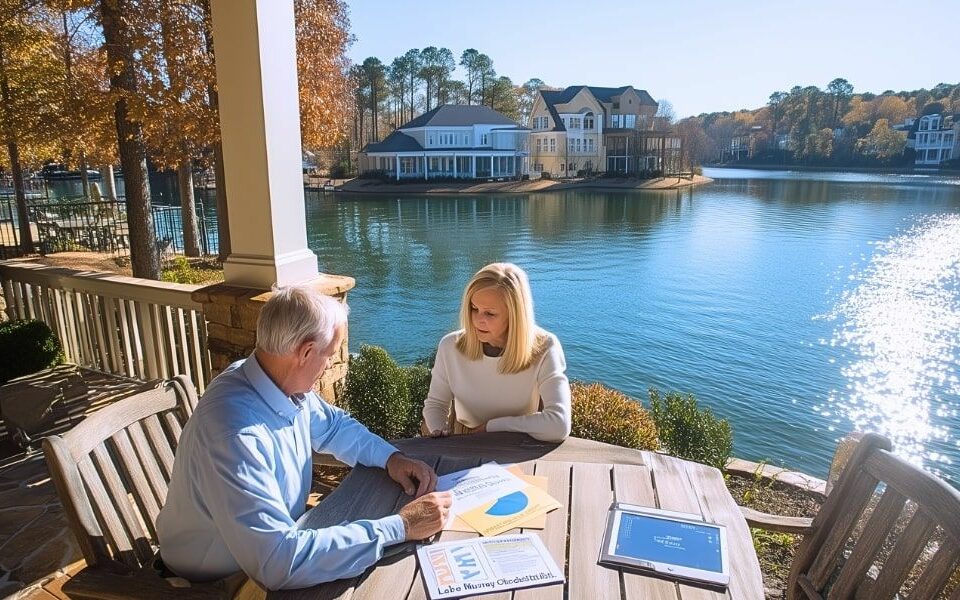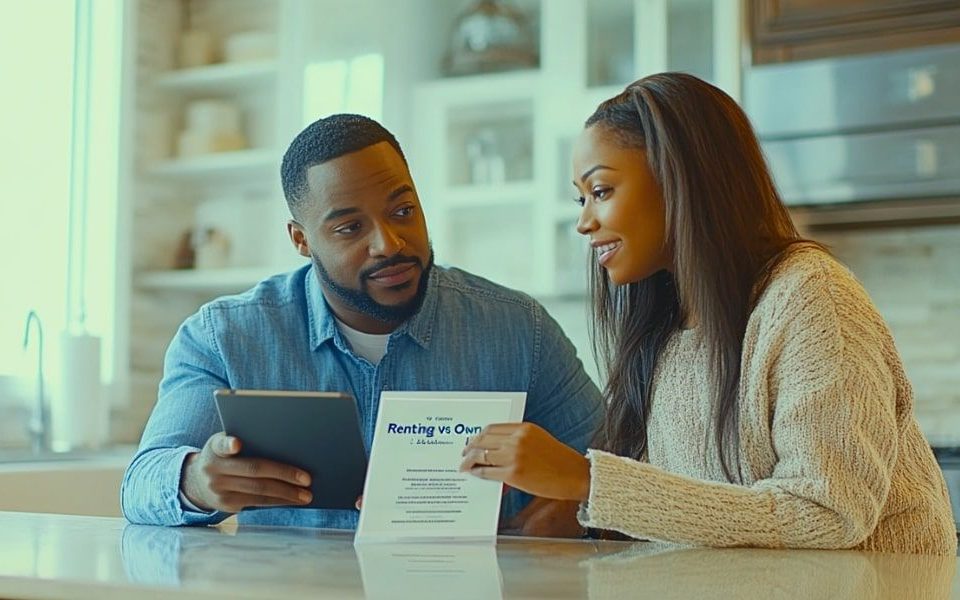
South Carolina is an attractive market for investors buying rental properties. With strong tourism, many areas are good for short-term rentals. Areas like Lake Murray and the Columbia metro are especially appealing for short-term rental (STR) income.
However, behind the opportunity lies a complex regulatory landscape. State, county, city, and community-level rules can affect your ability to rent. This guide breaks down the most critical STR restrictions in South Carolina.
Lake Murray Real Estate Market Watch
Recent reports indicate that homes in Richland County spend a median of 44 days on the market. However, Lake Murray real estate trends can change quickly. Contact the Southern Dreams Realty team for the most up-to-date information.
Key Things You Need to Know About STR Restrictions in South Carolina
State-Level Taxes and Basic Compliance
South Carolina does not impose statewide zoning or permitting for short-term rentals. However, the state requires STR operators to follow strict tax rules:
- Sales Tax: The state imposes a 7% tax on short-term rental income with few exclusions.
- Local Taxes: Many cities and counties impose additional taxes on short-term rental income. For example, in Charleston County, the lodging tax is 2%. In Myrtle Beach, the local accommodation tax rate is 3%.
- Tourism Development Fee: In select cities, an additional fee of 1–3% may apply. The City of Columbia, for example, imposes a 3% fee on hotels, motels, and other accommodations.
- Property Tax: Investors must also be aware of South Carolina property taxes. The state assesses investment properties at a higher ratio than primary residences.
- Record-Keeping: Property owners are required to maintain clear records and submit monthly filings.
Failing to collect and remit these taxes can result in heavy penalties and interest. Full compliance is non-negotiable if you plan to operate legally and profitably.
County-Specific Ordinances: Local Rules You Shouldn’t Overlook
Counties in South Carolina have the authority to enforce their own zoning laws, business licensing requirements, and tax rules. If you’re buying a property near Lake Murray or another waterfront destination, don’t assume county rules are lenient.
Here’s how some counties approach STRs:
- Charleston County: Requires a business license and restricts STRs to designated zones.
- Horry County (Myrtle Beach area): Bans STRs in some unincorporated residential areas; enforces noise and parking rules.
Counties like Richland, Lexington, and Saluda do not yet have countywide STR bans. However, certain zoning designations may restrict use. A business license may still be required, depending on the location and the level of revenue.
Municipal Restrictions: Navigating City & Town STR Rules
Municipalities enforce some of the strictest and most detailed STR laws in South Carolina. Cities and towns around Columbia and Lake Murray set rules that can impact zoning, licensing, guest behavior, and profitability. A few examples:
City of Columbia
- Requires an STR permit and business license.
- Annual permit fees of $100 for owner-occupied and $250 for non-owner-occupied units.
- Requires two on-site parking spaces.
- Operators must have a local agent within 45 miles of the property.
- Compliance with building and safety codes is mandatory.
- The city may revoke permits after repeated violations.
Town of Lexington
- A local accommodations tax of 3% took effect in January 2025.
- Zoning rules may restrict STRs to commercial or mixed-use areas.
- Lexington requires all operators to obtain a business license.
Other Municipal Rules
- Greenville bans STRs in many residential zones without zoning exceptions.
- Mount Pleasant caps STRs at 400.
- Myrtle Beach prohibits STRs in many residential zones of unincorporated Horry County.
These local rules often change more frequently than state laws. One town may permit STRs; the next may ban them. Pre-purchase research is essential. Licensing and zoning violations can result in the denial of permits or the revocation of operating rights.
Homeowners Association (HOA) & Property Owners Association (POA) Rules
HOA and POA rules often restrict STRs more tightly than governments. The governing documents define what you can do with your property, even if local zoning allows STR use.
Common HOA Restrictions
- STR Bans: Some communities ban short-term rentals outright.
- Minimum Rental Durations: Common minimum rental durations include 30, 60, or 90 days.
- Amenity Limits: HOAs may restrict access to certain amenities, such as pools and fitness centers.
- Conduct Rules: Quiet hours, parking restrictions, and guest registration are often required.
Violating HOA rules can result in fines, lawsuits, or forced eviction of guests. HOAs have contracts with owners, and the rules are enforceable in court. Review the community’s covenants (CC&Rs) carefully before making an offer.
Are You Protected or at Risk?
South Carolina is a prime STR destination, but only for those who do their homework. With laws varying by jurisdiction and frequent updates, you need expert guidance to stay compliant and profitable.
At Southern Dreams Realty, we possess the knowledge and experience to help investors identify promising rental properties.
Need help identifying STR-friendly homes in South Carolina? Reach out today and get expert guidance.



